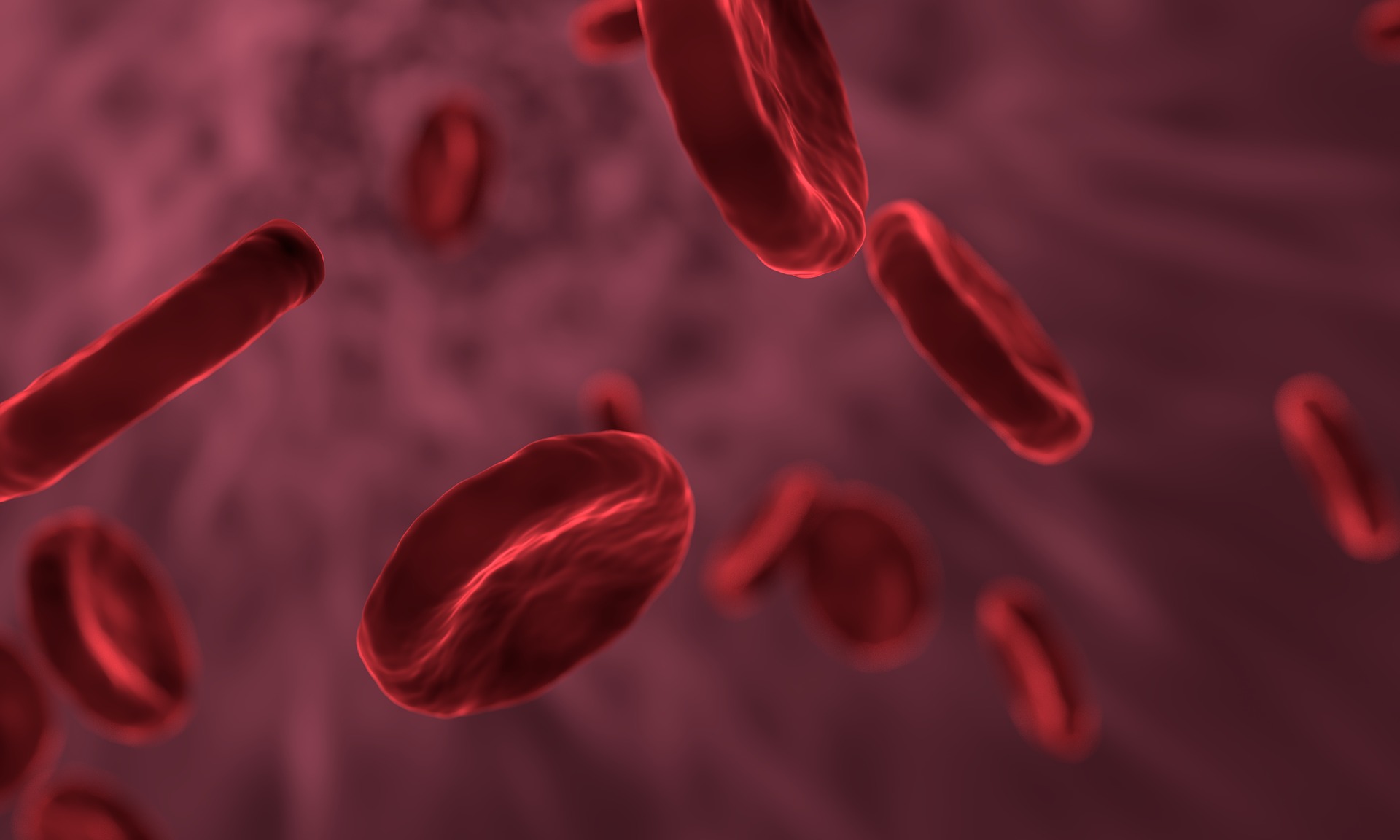
Chinese Study Uncovers Ties Between Blood Metabolites, Gut Microbes
2022/1/5 17:44:17 Views£ļ1273
Original from: Genomeweb
Researchers in China have identified dozens of causal relationships between blood metabolites and the microbes in the human gut.
The gut microbiome is suspected to influence a number of human health conditions, including cardiometabolic diseases, autoimmune conditions, and a number of cancers, but the causal mechanisms have been unclear.
Using Mendelian randomization, or MR, approaches, a team led by researchers at BGI-Shenzhen has now analyzed the causal relationships between blood metabolites and the gut microbiome. As they reported in Nature Genetics this week, they uncovered 58 causal ties, including between triglyceride levels and the abundance of gut microbes like Oscillibacter and Alistipes and between blood metabolites like glutamic acid or selenium and the abundance of microbes like Oxalobacter and members of the phylum Proteobacteria.
"Overall, our data-driven approach underscores the great potential of [metagenome-genome-wide association studies] and MR for a full picture of the microbiome, which can be mechanistically illuminating and are poised to help focus intervention efforts to mitigate inflammation and prevent or alleviate complex diseases," BGI-Shenzhen's Tao Zhang and colleagues wrote in their paper.
The researchers first conducted an M-GWAS using a discovery cohort of 2,002 individuals and a replication cohort of 1,430 people. Stool shotgun metagenomic data was available for 1,539 and 1,006 members of those cohorts, respectively. Through this, the researchers identified 457 associations between 500 different microbial features and various anthropometric characteristics or blood metabolites. A whole-genome-wide association test further identified 174 associations involving 158 genetic loci and various blood metabolites.
Subsequent Mendelian randomization analyses uncovered 58 causal associations between microbial features and 112 anthropometric characteristics or blood metabolites. Seventeen of the associations seemed to have a direction from the gut microbiome to metabolites, while 41 seemed to have a direction from the metabolites to the gut microbiome.
The researchers were able to replicate 43 of these associations in their independent replication cohort, with the same direction of effect.
The most significant effect the researchers uncovered was that of Oscillibacter, a Gram-negative Clostridial bacterium, on blood triglyceride concentration. Increases in Oscillibacter abundance led to a decline in triglyceride abundance, the researchers found. To a lesser degree, increased Oscillibacterabundance also led to decreases in body mass index and waist-to-hip ratio.
At the same time, a higher abundance of Alistipes also had a negative effect on blood triglyceride abundance.
Meanwhile, the researchers found that the 41 causal effects that blood metabolites had on gut microbial features clustered into two groups: one in which bacterial abundance was decreased by plasma alanine or glutamic acid and another in which bacterial abundance was decreased by selenium or 5-methyl THF. In particular, glutamic acid decreased the abundance of Oxalobacter, while Proteobacteria levels were affected by both selenium and 5-methyl THF.
Using summary statistics from the Biobank Japan cohort, the researchers could further replicate some of their findings, including between uric acid and the increased abundance of an unclassified Lachnospiraceae species.
The researchers additionally noted that the Biobank Japan cohort data suggested ties between some of the microbial features they identified and disease. For instance, Proteobacteria was associated in that cohort with an increased risk of type 2 diabetes, congestive heart failure, and colorectal cancer.
This, the researchers noted in their paper, "underscore[s] the significance of human genetic data to help guide microbiome intervention studies."
Source: Chinese Study Uncovers Ties Between Blood Metabolites, Gut Microbes

- CAIVD WeChat
Subscription Account

- CAIVD WeChat
Channels
China Association of In-vitro Diagnostics
Part of the information in our website is from the internet.
If by any chance it violates your rights, please contact us.

